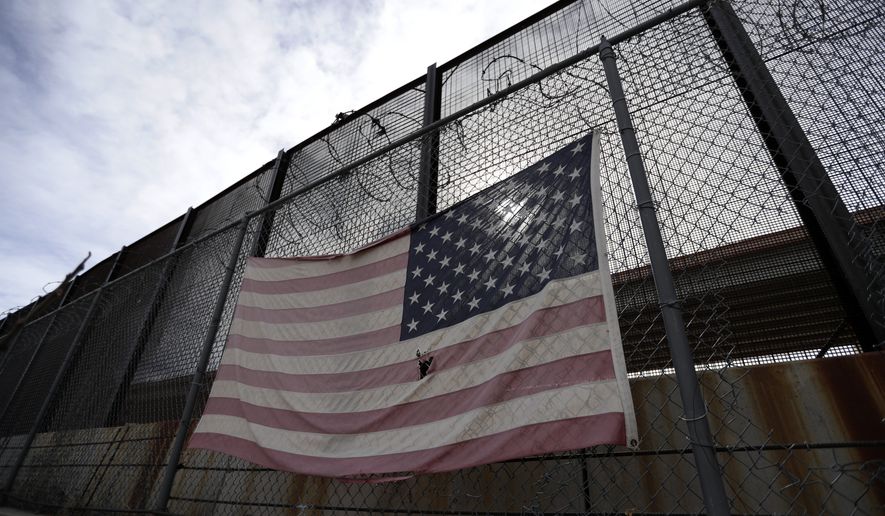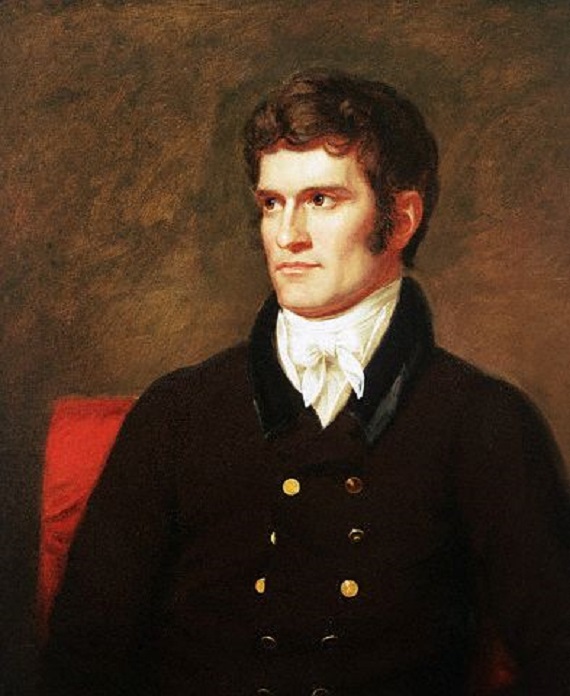Via
Gary
I was six-years-old when Daddy sat me down. He said: “Son, there comes a time in every man’s life when he stops bustin’ knuckles and starts bustin’ caps and usually it’s when he becomes too old to take a whopping.”
I don’t own a gun to kill people; I own a gun to keep from being killed.
I don’t own a gun because I’m evil. I own a gun because I have lived long enough to see the evil in the world.
I don’t own a gun because I hate the government. I own a gun because I understand the limitations of my government.
I don’t own a gun because I’m angry. I own a gun so that I don’t have to spend the rest of my life hating myself for failing to be prepared if I needed one.
I don’t own a gun because I want to shoot someone. I own a gun because I want to die at a ripe old age in my bed and not on a sidewalk somewhere tomorrow afternoon.”
I don’t own a gun to make me feel like a man. I own a gun because men know how to take care of themselves and the ones they love.
I don’t own a gun because I feel inadequate. I own a gun because unarmed and facing danger, I am inadequate.
I don’t own a gun because I love it. I own a gun because I love life and the people who make it meaningful to me.
Police protection is an oxymoron. Free citizens must protect themselves because police do not protect you from crime, they just investigate the crime after it happens and then call someone in to clean up the mess.
Personally, I own a gun because I’m too young to die and too old to take a whoopin’!
That lesson from Daddy came with a history lesson as well.
In 1929, the Soviet Union established gun control:From 1929 to 1953, about 20 million dissidents, unable to defend themselves, were rounded up and exterminated.
In 1911, Turkey established gun control:From 1915 to 1917, 1.5 million Armenians, unable to defend themselves, were rounded up and exterminated
Germany established gun control in 1938:From 1939 to 1945, 13 million Jews and others who were unable to defend themselves were rounded up and exterminated.
China established gun control in 1935:From 1948 to 1952, 20 million political dissidents, unable to defend themselves, were rounded up and exterminated.
Guatemala established gun control in 1964:From 1964 to 1981, 100,000 Mayan Indians, unable to defend themselves, were rounded up and exterminated.
Uganda established gun control in 1970:From 1971 to 1979, 300,000 Christians, unable to defend themselves, were rounded up and exterminated.
Cambodia established gun control in 1956: From 1975 to 1977, one million educated people, unable to defend themselves, were rounded up and exterminated.
56 million defenseless people were rounded up and exterminated in the 20th Century because of Gun Control. With guns, we are ‘citizens’, without them, we are ‘subjects’.
During World War 2, the Japanese decided not to invade America because they knew most Americans were armed. Gun owners in the USA are the largest armed forces in the world.
Daddy owns a gun… and you bet your ass his kids do and grandkids will too.









